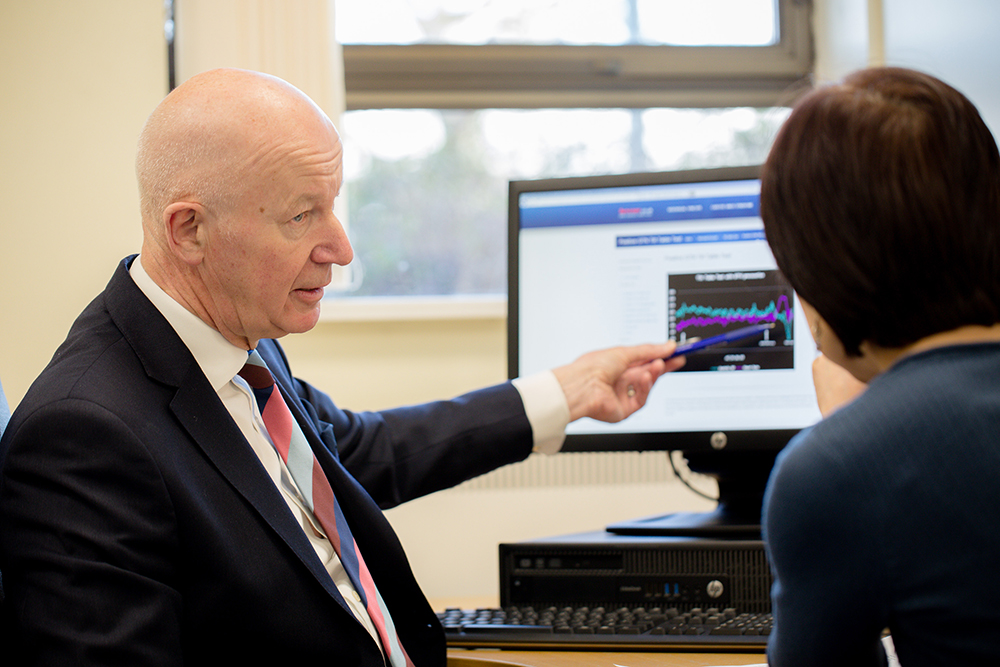Treatment of Mast Cell Activation Syndrome
Below we outline various options in the treatment of Mast Cell Activation Syndrome MCAS UK. Simply making a diagnosis of MCAS can, in itself, be cathartic. Whereby, previously the person was often resigned to accept and tolerate a myriad of seemly chaotic symptoms, the possibility of easing some of them brings hope for the future.
There is no permanent cure, so management and treatment of MCAS is based on the avoidance of triggers, and implementing interventions to help control symptoms.
The first step is to identify and eliminate triggers if at all possible. This is essential. These may include emotional stress, cold, heat, UV light, alcohol, cigarettes, chemicals (including excipients used to manufacture drugs), and high histamine foods.
Useful dietary information can be found at Swiss Interest Group Histamine Intolerance SIGHI. Foods labelled 2 and 3 (Histamine, or Liberator) should be avoided in the first instance. Then, if required, those labelled H1 and L1. Various apps are available, some of which are in compliance with the SIGHI list, and, therefore, preferable. A low histamine diet should be strictly adhered to for 4 weeks to see if it confers benefit. For those with complex dietary restrictions a brilliant new website is well worth a visit – What The Bleep Can I Eat. Expert, personal, dietary advice can be sourced at The Calm Gut Dietitian.
Many prescription drugs can interfere with enzymes that break down histamine in the body such as Diamine oxidase (DAO) and, to a lesser extent, histamine-N-methyltransferase (HNMT). Examples of these drugs include NSAIDs including Aspirin, Beta lactam antibiotics especially Amoxicillin, Fluoroquinolones especially Ciprofloxacin, PPIs especially Lansoprazole, beta blockers, SSRIs, SNRIs, ACE inhibitors, and Opioids. (All opioids are triggers of mast cell activation to one degree or another but especially Morphine, Codeine, Dihydrocodeine, Oxycodone, and Pethidine. Tramadol, Fentanyl, and Buprenorphine have less effect on mast cells). If already on any of the above, without obvious adverse effects, there is no need to stop it. If Aspirin sensitive avoid any product contains salicylates. These may include some toothpastes, facial cleansers, cosmetics, shaving cream, and food preservatives. See https://www.dietvsdisease.org/salicylate-intolerance/
Histamine H1 and H2 antagonists seem to bring clinically significant benefits to the majority of MCAS patients. Furthermore, H1 and H2 antagonists are cheap and long term safe. Which combination of H1 and H2 antagonist works best for an individual is determined by trying them out.
The H1 and H2 antagonists often need to be taken twice daily, rather than the usual once daily dosing. Examples of H1 antagonists in the UK include Diphenhydramine and Chlorphenamine (sedating), and Loratadine, Cetirizine and Fexofenadine (non-sedating).
H2 antagonists in the UK include Cimetidine, Famotidine and Nizatidine. Of these Famotidine and Nizatidine are preferable, as Cimetidine interacts with a lot of other medications. Again, twice daily dosing is required, rather than the use once daily dosing. Ranitidine was withdrawn a few years ago, but may well make a comeback.
Mast cell stabilising drugs such as Sodium Cromoglicate, and leukotriene receptor antagonists such as Montelukast are also useful in treating MCAS. Over-the-counter Quercetin is also believed to have mast cell stabilising effects and can be taken in combination with the above.
Ketotifen has both H1 antagonist and mast cell stabilising effects and is useful in some MCAS patients, especially when insomnia is an issue.
Benzodiazepines such as Lorazepam and Clonazepam have mast cell stabilising effects in addition to their effect on benzo receptors, and can be useful where anxiety is a prominent feature of MCAS.
Aspirin and NSAIDs such as Ibuprofen can be helpful in some MCAS patients, but be aware that these drugs can precipitate a reaction in a minority of patients.
High dose Vitamin C reduces histamine release from mast cells, and is certainly worth considering. High dose Vitamin D can also be useful.
Low dose monoclonal antibodies (MABs), for example Omalizumab, can be useful in MCAS. Unfortunately, in the UK Omalizumab is only available for specific indications such as severe allergic asthma, and chronic urticaria. Usage is closely monitored.
Brain, and autonomic nervous system, retraining programmes can be very helpful. One that is particularly helpful, and is very affordable, is Rest Repair Recover. Although aimed at Long Covid patients it is ideal for MCAS patients. Feedback has been very positive.
As the above shows there are several options in the treatment of Mast Cell Activation Syndrome MCAS UK. Most patients will see significant improvement in their symptoms with various tailor made combinations.
Use of anaesthetics in MCAS/ME/CFS/Fibromyalgia
There is little guidance available for the use of anaesthetics in MCAS, ME, CFS, or Fibromyalgia. A recent podcast “The perioperative management of patients with ME and Long COVID” (March 2024) is worth listening to. A brief summary of this podcast follows:
Use adrenaline-free local anaesthesia.
Anaesthetists should take into account that their patients may be taking Bisoprolol, Ivabradine, or Pyridostigmine due to associated dysautonomia. They should also be aware that LDN (low-dose naltrexone) will interfere with opiate efficacy. Where possible, LDN should be stopped two days before anaesthesia.
Patients with chronic pain will often be taking medication such as Gabapentin or Pregabalin. Such patients may require higher doses of opiates to manage their pain after surgery. Ideally, there should be shared care with the Pain clinic.
Anaesthetists should be aware of hypermobility, particularly if there is a diagnosis of hEDS.
In addition I recommend that MCAS patients double the dose of their H1 antihistamine for at least 2 days before and after surgery.
For more information on Mast Cell Activation Syndrome please do not hesitate to get in touch with Dr Deering through our appointments page.


